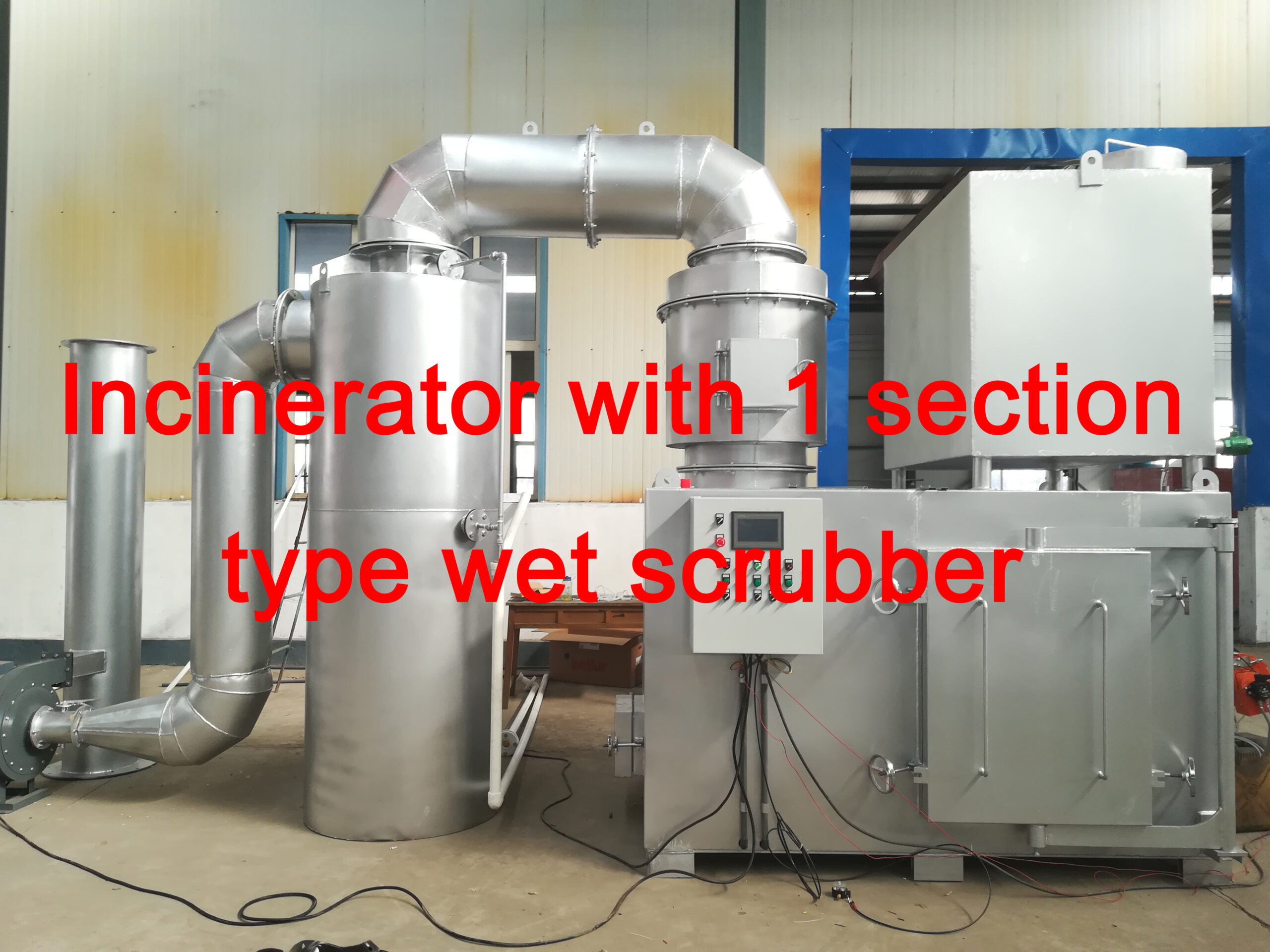The United Arab Emirates (UAE) has set ambitious renewable energy goals in recent years, aiming to transition to a more sustainable and environmentally friendly energy landscape. One innovative solution that is making waves in the region is the use of waste incinerators as a means of generating clean energy. These state-of-the-art waste-to-energy facilities are a game-changer for the UAE’s renewable energy goals, offering a sustainable and efficient way to manage waste while also producing electricity.
In a country with a rapidly growing population and a booming economy, waste management has become a pressing issue. Traditional methods of waste disposal, such as landfills and open burning, not only produce harmful emissions but also take up valuable land that could be used for more productive purposes. Waste incinerators offer a solution to these challenges by converting the waste into energy, reducing the amount of material that ends up in landfills and minimizing the environmental impact of waste management.
One of the most advanced waste-to-energy facilities in the UAE is the Emirates Waste to Energy Company (EWEC) in Sharjah. The facility utilizes cutting-edge incineration technology to convert over 300,000 tonnes of municipal solid waste into electricity each year, contributing to the country’s renewable energy goals. The plant’s state-of-the-art pollution control systems ensure that the emissions produced during the incineration process are minimized, making it a cleaner alternative to traditional waste disposal methods.
Another innovative waste incineration project in the UAE is the Dubai Municipality’s waste-to-energy plant in the Warsan area. This facility is designed to process over 5,000 tonnes of municipal solid waste per day, generating electricity that can be used to power homes and businesses in the region. By harnessing the energy potential of waste, these incinerators are helping to reduce the UAE’s reliance on fossil fuels and promote a more sustainable energy future.
In addition to producing clean energy, waste incinerators also have the potential to generate revenue through the sale of electricity and by-products such as ash and metals recovered from the waste. This creates a financially sustainable waste management solution that can offset the costs of operating the facility and provide a source of income for municipalities and waste management companies.
Furthermore, waste incinerators contribute to the UAE’s efforts to reduce greenhouse gas emissions and mitigate the impact of climate change. By diverting organic waste from landfills and capturing methane emissions from decomposing waste, these facilities help to lower the overall carbon footprint of the waste management process. This aligns with the UAE’s commitment to reducing its carbon emissions as part of the global effort to combat climate change.
As the UAE continues to prioritize sustainable development and environmental stewardship, waste incinerators are poised to play a pivotal role in the country’s renewable energy transition. By harnessing the energy potential of waste, these innovative facilities are unlocking a new source of clean and renewable power, while also addressing the pressing issue of waste management. With ongoing investment in waste-to-energy infrastructure, the UAE is paving the way for a more sustainable and environmentally friendly approach to waste management and renewable energy production.



